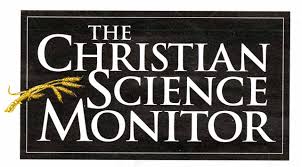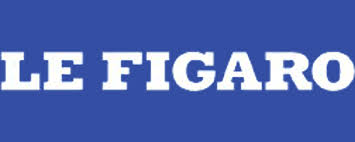United States of America
Despite polarized domestic politics and social tensions, the United States remains a major player in international relations, on the economic, military and diplomatic levels.
Related Subjects

Obama announces "Opportunity Ladder"
There are moments in life when you receive an unmistakable sign that the game is over. That it’s time to fold your tent, to pull up stakes, to pack it in, to furl the flag, to trim the sails, to let go of a lost cause. At best, to wait for next year. In the extreme, to write it off permanently. And if one chooses to breast the tide, to do so stoically.


THE CHRISTIAN SCIENCE MONITOR: 'Freedom fries' forgotten, Hollande visits Obama amid warming ties
Laurence Nardon, head of the United States Program at IFRI, sheds light on Franco-American relations in an article by Sara Miller Llara in the The Christian Science Monitor.


LE FIGARO: Europe and Obama : I loved you but not anymore
Are America and Europe growing apart or does the U.S. still have a privileged tie with the Europeans?

FRANCE CULTURE: United States: Permanently altered global alliances
Washington's relationships with a number of key allies are in a worrying decline. Israel and Saudi Arabia are keeping their distance from Barack Obama as a result of diverging opinions on nuclear negotiations with Iran.... This disenchantment also effects Afghanistan where President Karzai has turned away from the United States as have allies Pakistan and Turkey.
The Return of Robert Gates
The memoirs of public men are exercises in self-promotion and self-justification. They are designed to etch a portrait of the (wo)man that will live across time. It's the legacy thing. These days, that legacy pertains also to the "here and now" since memoirs are not necessarily the conclusion of a career but rather the curtain-raising on its next act.








Support independent French research
Ifri, a foundation recognized as being of public utility, relies largely on private donors – companies and individuals – to guarantee its sustainability and intellectual independence. Through their funding, donors help maintain the Institute's position among the world's leading think tanks. By benefiting from an internationally recognized network and expertise, donors refine their understanding of geopolitical risk and its consequences on global politics and the economy. In 2024, Ifri will support more than 70 French and foreign companies and organizations.






